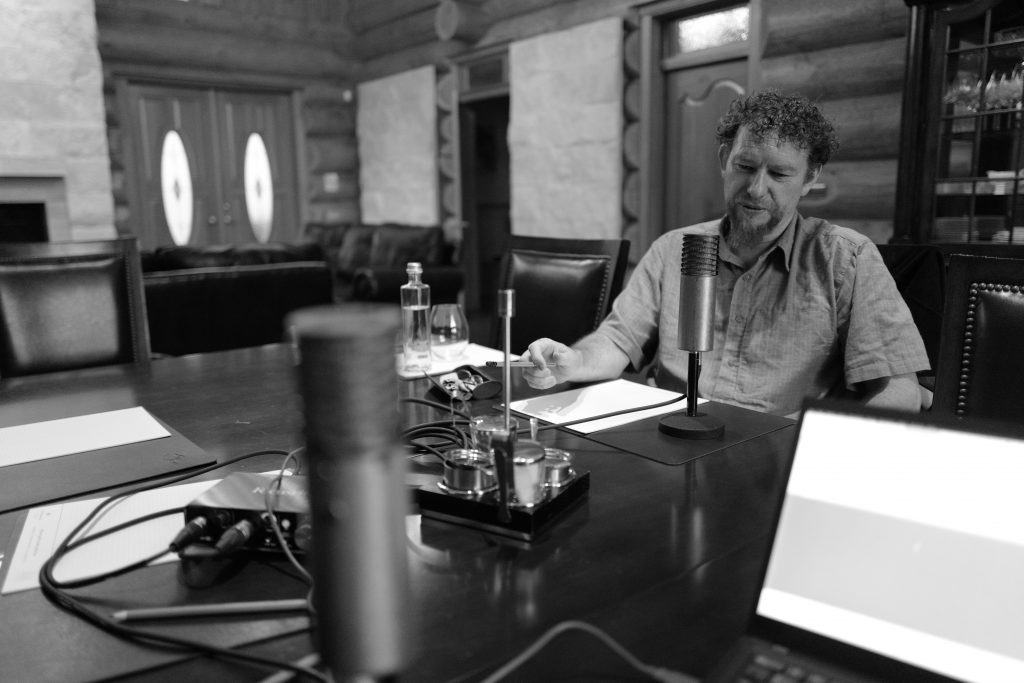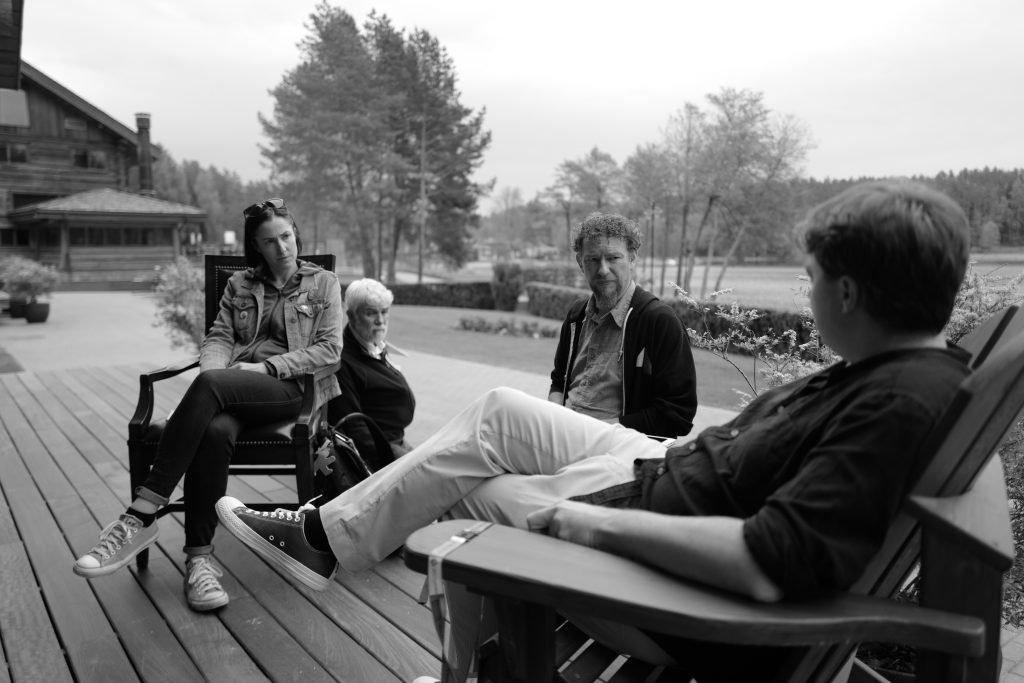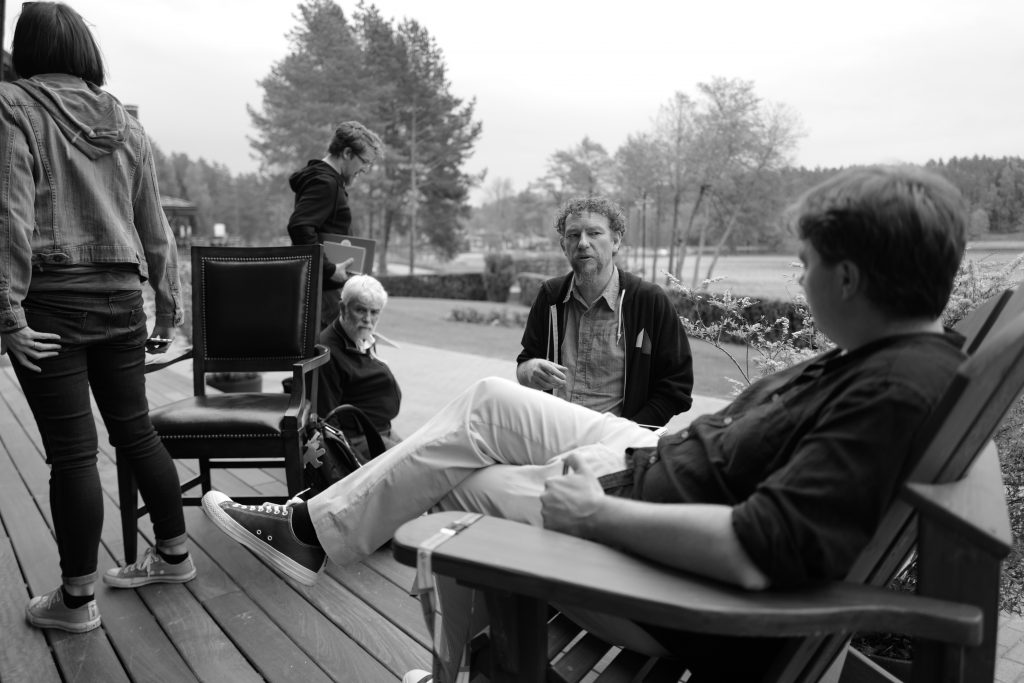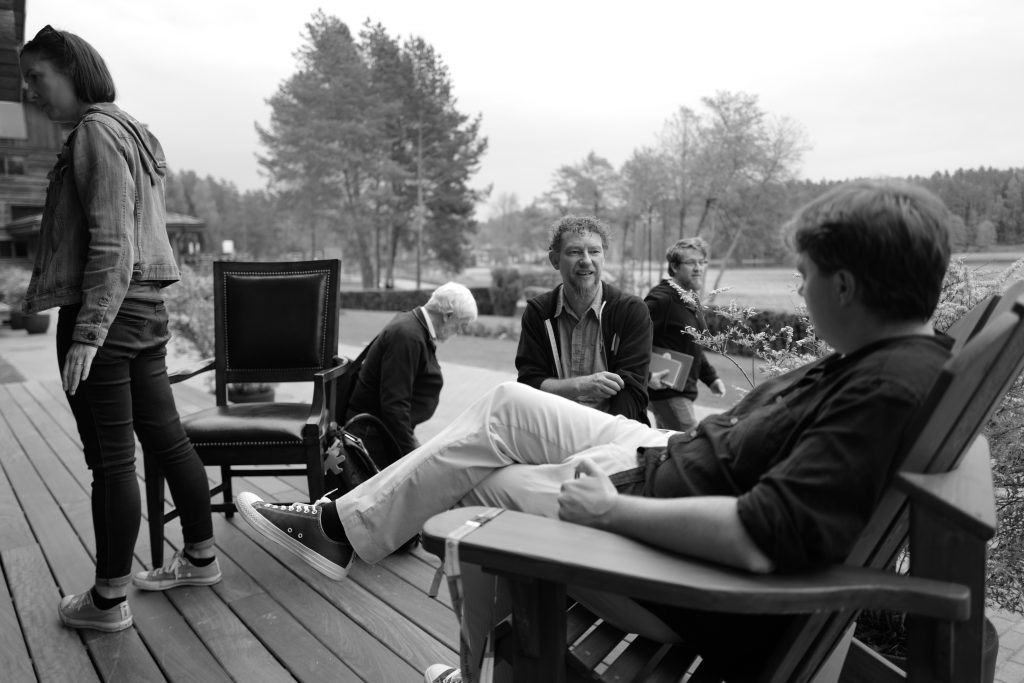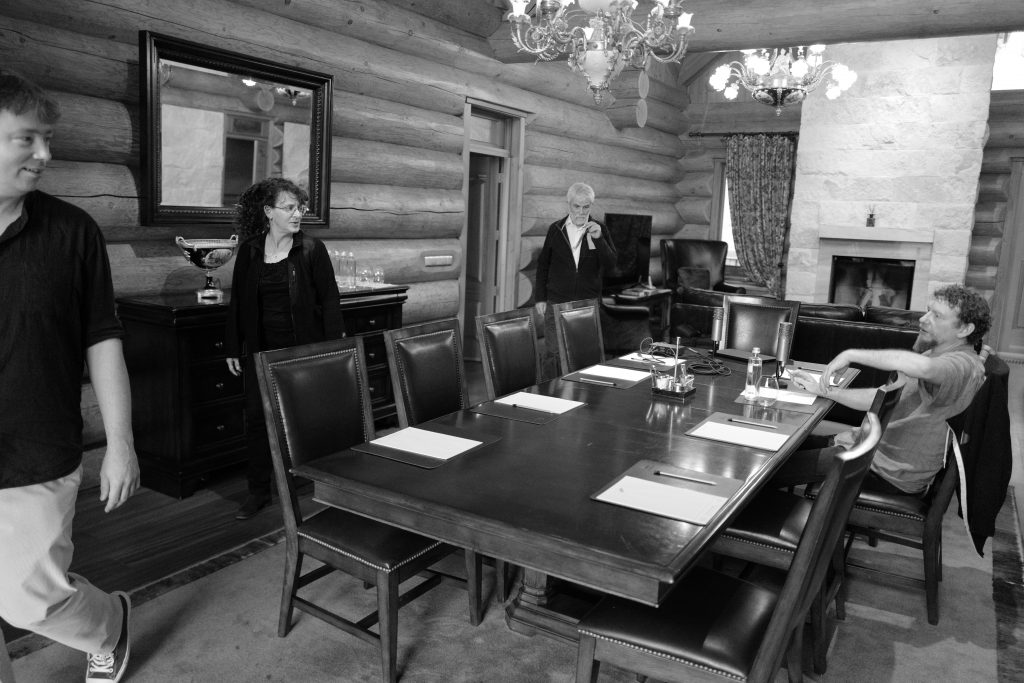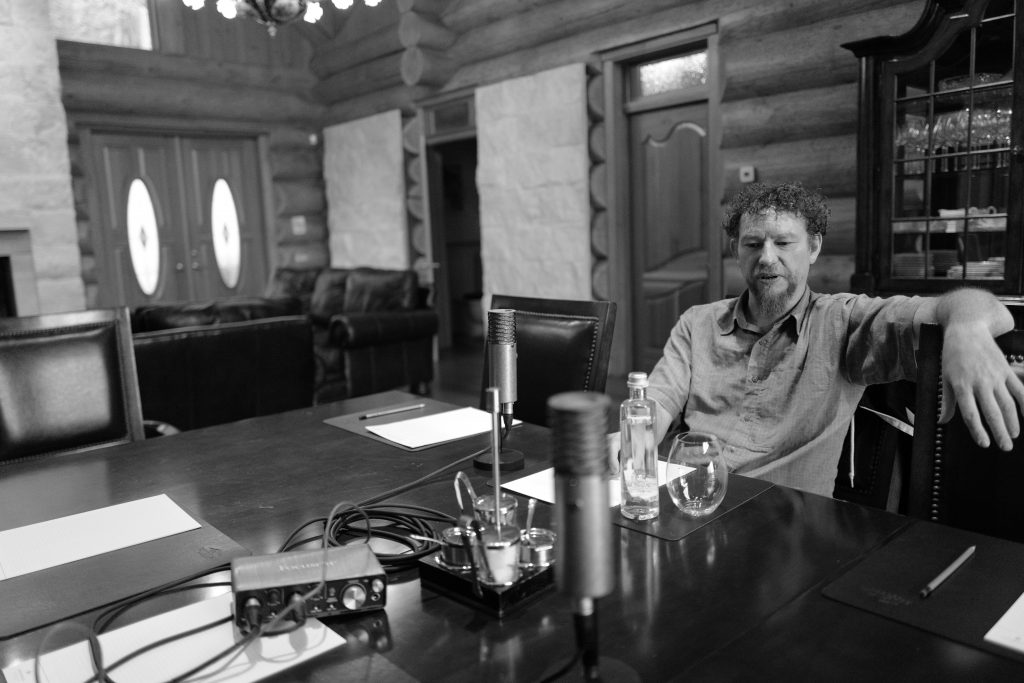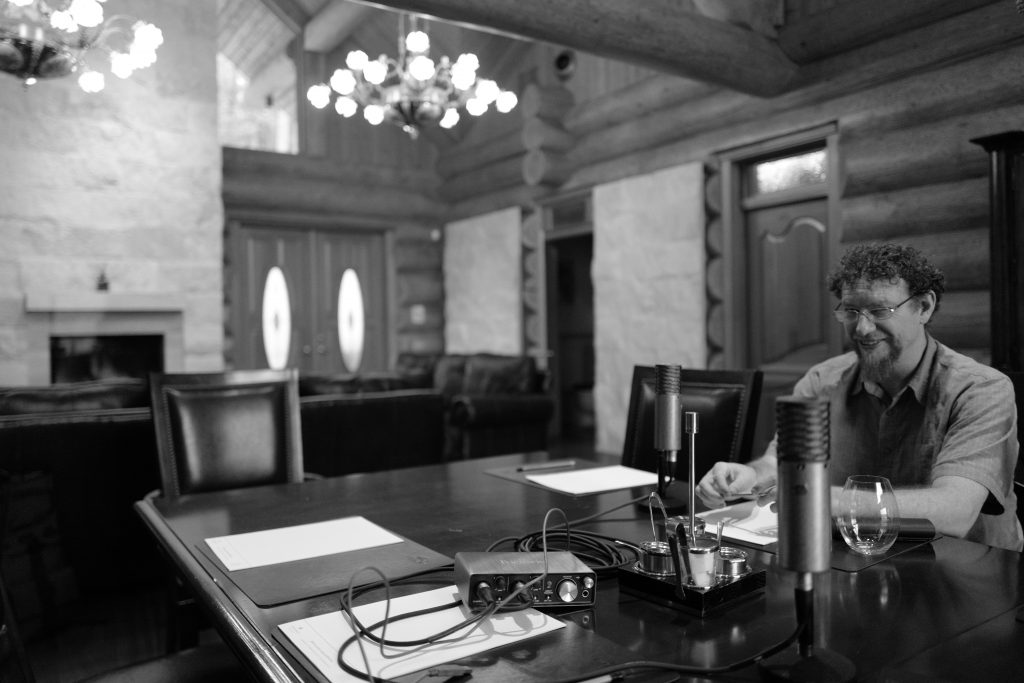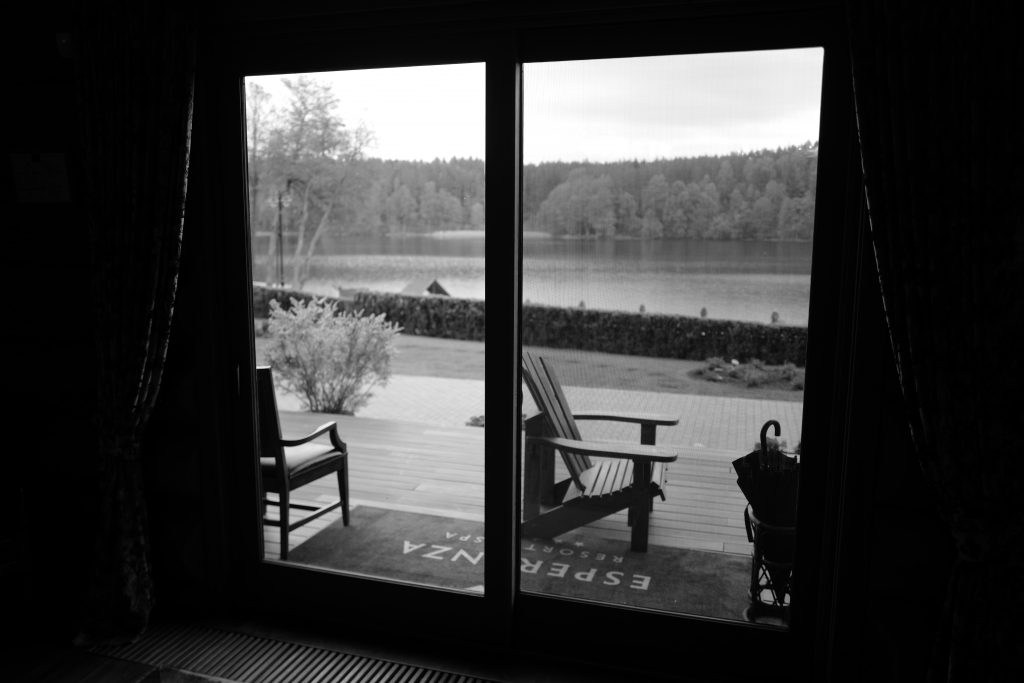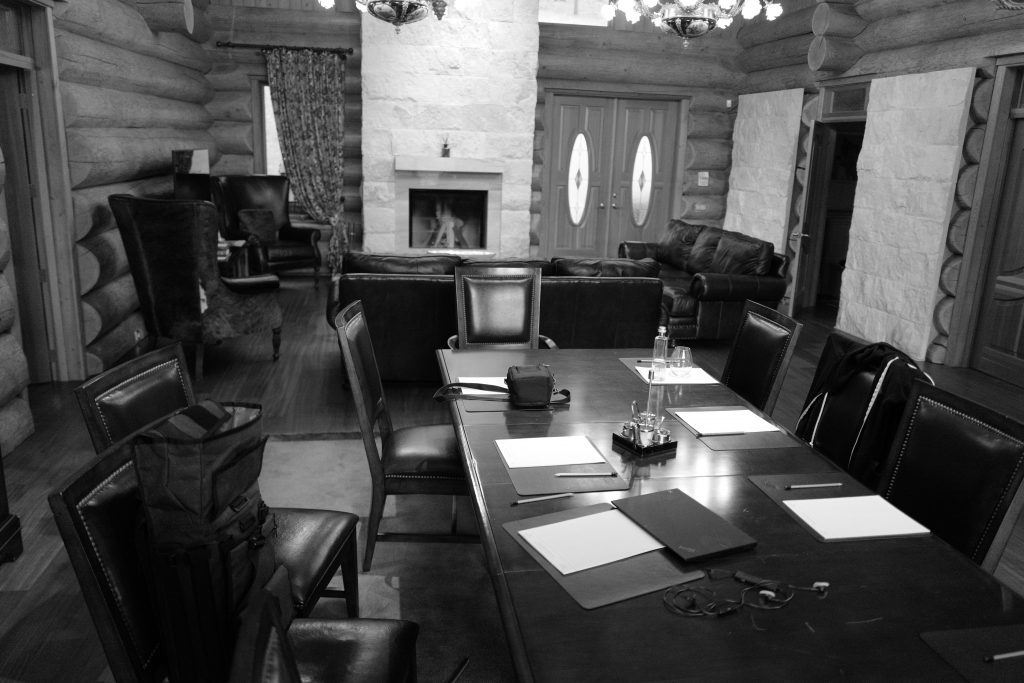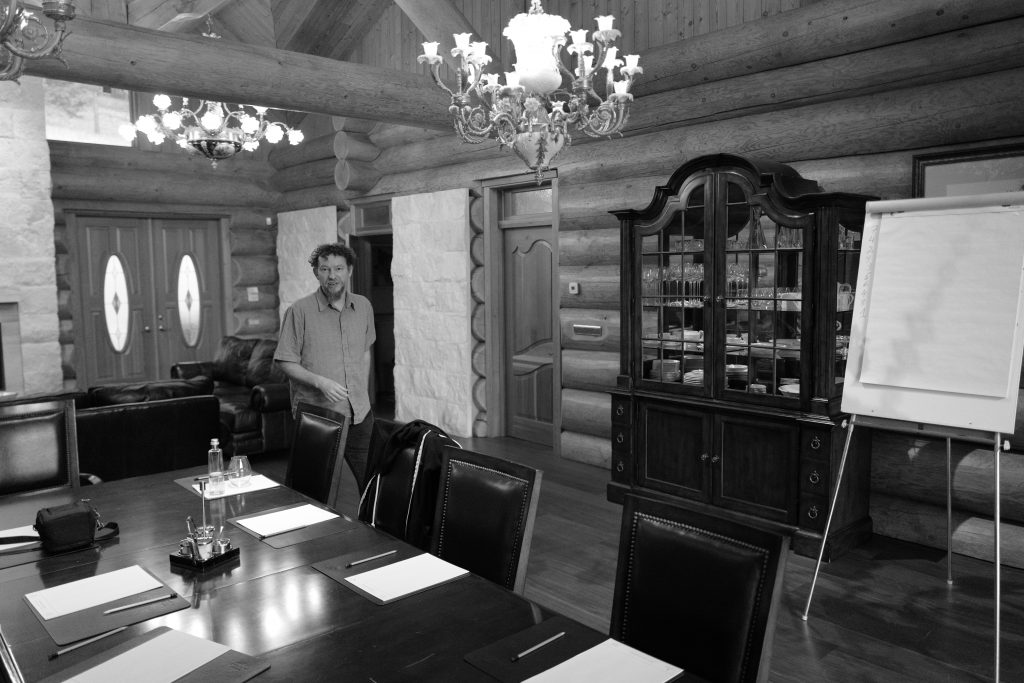To get the rewards of collaboration and reuse, content must be easily shared and that means content must be free. What is ‘free content’?
What is ‘free content’?
Since 2001, there has been a movement called Creative Commons [ see https://creativecommons.org ] which is the latest in a long line of projects to produce copyright licenses that allow the copyright holder more nuanced control over the rights reserved and conferred. The ‘standard’ and default copyright license is ‘all rights reserved’. That means no one can do anything with your content without your permission. That license, for example, makes criminals out of students that photocopy chapters for their personal use. It is actually more complicated than that, as each country has its own specific laws governing copyright. However, copyright law for all countries has the same general intention – to stop anyone other than the copyright holder from reusing the copyrighted work without permission.
Creative Commons gives more control over the rights the copyright holder transfers to others. For example, the Creative Commons Non-Derivative licenses allow others to copy the work legally but not to change it. The Creative Commons Share-Alike license allows anyone to reuse and change the content, as long as they transfer the same right to others who utilise the derivative work
‘Free content’ is a condition of reuse and collaboration. It is extremely hard to work collaboratively within a constrained copyright environment and almost impossible to reuse such content. So is making content free simply a matter of choosing a Creative Commons license? No, it is not. To understand why we can start by looking at the requirements of software freedom as outlined by the Free Software Foundation:
- The freedom to run the program, for any purpose (freedom 0).
- The freedom to study how the program works, and change it so it does your computing as you wish (freedom 1). Access to the source code is a precondition for this.
- The freedom to redistribute copies so you can help your neighbour (freedom 2).
- The freedom to distribute copies of your modified versions to others (freedom 3). By doing this you can give the whole community a chance to benefit from your changes. Access to the source code is a precondition for this.
The sub-sector which labels itself ‘Open Publishing,’ while advocating Free Culture as the way forward for publishing, largely doesn’t seem to abide by these kinds of freedoms, especially with regard to making the source available for change, which is stated as a precondition for two of the above ie. “Access to the source code is a precondition….”.
‘Open’ mostly means ‘free to distribute’ in the open publishing world. It does not mean or imply the right to have access to the editable sources, nor does it mean the right to fork. The reluctance to embrace these freedoms is closely related to the fear of losing control of a book and the fear of ‘poor quality’ creeping in. Hence open production seems pretty untenable for the majority of the open publishing world.
If it is going to differentiate itself from merely ‘open distribution,’ ‘Open Publishing’ must address these issues. It might be good to develop a similar ‘Four Freedoms’ manifesto for free books. It is important to do this because so far we have got it wrong: Creative Commons licenses, for example, do not require the source to be available. However, freedom is not just about licenses and we shouldn’t rely on others to define free culture for us: we must generate a culture where we acknowledge and uphold the values and consequences of free content. If we don’t do so, we will not be able to take advantage of the immense value Free Culture really offers.
Books should be free, they should always be available to be used, transformed into other formats (an especially necessary freedom in this day of multiple ebook readers), re-used, translated, remixed – whatever you want. Books should not die on the shelves, or as a PDF-only release, or in an archive.
In the discourse of free culture, however, the discussion of what constitutes a free book pretty much starts and ends at the license. Is this a free book? Does it have a Creative Commons (or similar?) license? Yes? Then it is a free book. Solved.
We need a culture that embraces the values and consequences of free content, not a culture that worships licenses.
A free license does not mean that a book is free. The following are common strategies for copyright protection that are exercised by producers of ‘freely licensed content’:
Not-free free license
A not-free book in this context uses a license that appears free but isn’t really. Licenses like the Free Documentation License and those Creative Commons licenses that have Non-Commercial (NC) or No-Derivative (ND) conditions are not free. I don’t want to get into this here, as it is a lengthy and (in my opinion) boring conversation, but the bottom line for me is, can you use this book in any way you want? If the answer is no, it’s a not-free book.
Ambiguously not-free
Many publishers use two licenses for their content. Strange but true. They use a standard copyright ‘all rights reserved’ license and something like a Creative Commons license, or sometimes there is just confusing and conflicting information. If you want an example, take a look at page vi of the following Ubuntu manual
It states : This book is published under the Creative Commons ShareAlike 3.0 license
Sounds good but it is soon followed by a lengthy ‘go away’ clause that reads :
This publication is protected by copyright, and permission must be obtained from the publisher prior to any prohibited reproduction, storage in a retrieval system, or transmission in any form or by any means electronic, mechanical photocopying, recording or likewise unless permitted under the Creative Commons Attribution-ShareAlike 3.0 license.
That is, in my opinion, confusing to most readers. CC-BY-SA is one of the most-free licenses but the clause reads like a standard ‘all rights reserved’ (proprietary) license and would send off the same signals to the average reader ie. go away and don’t even bother to try and do something with this book (other than reading it). This is not-free.
Practically not-free
This is the worst type of not-freedom as it is essentially a trick to appear free while actually employing a mechanical form of copyright protection. Many books might use very good free licenses and use very bold, unambiguous and clear license statements. So, does this make it free? Well, no. The reason is that in order for something to be re-used it needs to first be in a state that enables its re-use. For example, PDF is not a good re-usable format. Printed books are also not a good re-usable format. Both of these formats allow content to be copied but this is not the same as re-used. This kind of trick is often used by publishers wanting to gain currency and favour in the Free Culture or Open Educational Resources sectors. To them, we can only say : WE NEED THE SOURCE.
Many otherwise very good free content fails to even offer the content in formats that can be easily transformed. ‘Offering the source’ would allow readers to create other formats. One very good example is the Theory On Demand series (which is freely downloadable here ) which only offers PDF and online FLASH player versions of the books: you cannot get the sources so you cannot create EPUBs for your iPad or Mobi for your kindle.
However if ‘free’ means that only copying is allowed then it is a poor freedom to have. We want to be able to change books, convert them to other formats, translate them, improve them – as free licenses suggest we can. What if I want to change the contents of a book how do I do it? If I have to first reproduce the book by manually typing out 40,000 words then the book is practically not-free. It is for this reason that free culture licenses should mandate that books (must be specified as this clause is not applicable to all media) must provide the source somewhere (online is suffice) in plain text or other standardised popular format. Currently, most free licenses do not require this, so many books can avoid this issue while still calling themselves free.
A good analogy exists here with free software. For example, a PDF is essentially a binary and distributing a PDF and calling it ‘free’ is like distributing a software binary and calling it free. Free software is aware of this catch and hence for a software to be free you must be able to access the source code. You have not only the right to change free software but the means to change it. The same understanding should exist for books. Can you get access to the content so you can change it easily? If the answer is no, then it is not a free/open book.
Further to this, I would argue that all books must make it known through the appendices, colophon, or in the body of the text itself, where the original raw sources can be found.
On this topic, Creative Commons licenses are actually ill-equipped to tackle this issue. The source of books should be available for anyone to access so they can easily work with the book, and if we must (yawn) live in a world of copyright, then the license should at least require that the book source is available. Currently, Creative Commons licenses do not require this, whereas the General Public License (and others) do.
Access to the editable source of a book is a pre-condition for a free book.
Not-free mandate
Lastly, let’s re-examine the culture of proprietorship. In the world of software, there are two main types of software – free/open and proprietary. The former is licensed with open licenses enabling reuse and alteration etc and the later licensed under closed all-rights-reserved copyright licenses and complicated end-user agreements. Suffice to say that the effect of proprietary software is that you can’t mess with it.
However, free software can also suffer from cultural proprietorship regardless of the license used. Essentially if you do not feel that you have the mandate to change something then you are not empowered to change it. This can often be the consequence of the culture of a free software project – many of which are not open cultures by any means. Mostly they are male-dominated meritocracies which intimidate many would-be contributors.
The same scenario can exist for book production regardless of the license being used. In fact, books have a heavy cultural legacy of proprietorship that we must work hard to overcome. Books are made by “authors” and it is difficult to challenge the domain of the author even if the author is obviously not a single person. Evidence of collaboration in the production of a work is not the same as enabling an open mandate to change or fork (copy-and-change) a work. We must overcome this by celebrating the possibilities of forking and altering other people’s works. We do this by doing it. Without doing this – without actively participating and taking advantage of the riches that free culture production offers – we are maintaining the processes and values of proprietary (closed) culture.
[Produced somewhere around 2010/2011]
